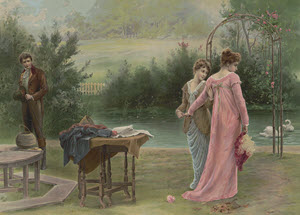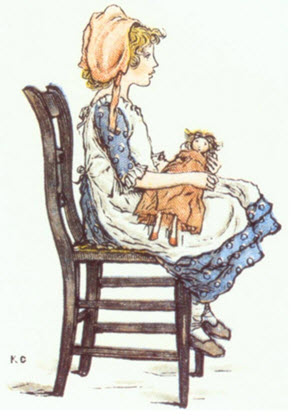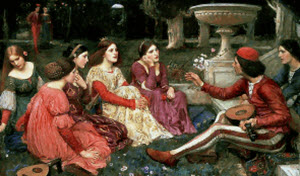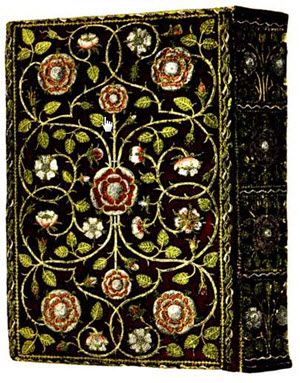EDGAR ALLAN POE - Part 25
In New York Poe was a lion in literary circles, those feeble concourses of per sons who could not write. In these meetings he comported himself with quiet courtesy. He was a fine talker, and in the drawing-room a gallant, sensible man. He here began some of his many amours with literary ladies. It was his luck and nature to leave behind him a multitude of suspicious clues and circumstances for every sin which he had time and capacity to commit. It is not necessary now to throw up virtuous hands at the tender exchanges of fervid rhetoric between the female poets of America and this real poet of the glowing eyes, the soft voice, and the winning manners. Apparently, the only ladies who objected to him at the time or after his death were those upon whom he did not be stow the flatteries of his social presence and his critical approbation. His wife was a child broken by the disease of which she was soon to die. He naturally found intellectual companionship with other women5 and his eyes, his oratory, and a touch of alcohol no doubt melted the cool restraints of literary communion. The first lady poet to whom he proved irresistible was Frances Sargent Osgood, with whom he exchanged verses. This relation roused the jealous virtues of another poetess, a Mrs. Ellett, who enlisted the Transcendental ethics of Margaret Fuller. The choice pair went to Poe's house to intercede in behalf of Virginia. Later, when Virginia was dying, Mrs. Ellett thoughtfully saw to it that the girl should hear all the scandal that was fouling Poe's name.
Meanwhile he was making copy out of his New York acquaintances, and he served them up to
the public in
a series of articles called "The Literati." He spoke well of most of them, and by any
standards possible in writing seriously about such a crew he drew sharp plain lines
between good and bad work. His worst attack was on Thomas-Dunn English. This man was the
author of "Ben Bolt" (to which Du Maurier indiscreetly gave renewed life in Trilby): he
later became a member of Congress. As late as 1895 Thomas Dunn Brown, as Poe called him,
had not forgiven Poe or his more friendly biographers. He and Poe exchanged Billingsgate
in print, and Poe sued him for slander and recovered damages.
In the spring of 1846, while the " Literati " papers were stirring up a variety of hard and soft feelings, the Poes moved to Fordham to the cottage now pre served in the poet's memory. He was ill, and wrote little. In November appeared the last of his best-known tales, "The Cask of Amontillado." As his work fell off in quantity, his poverty grew worse. The condition of the family was discovered by one of the literati, Mrs. Gove. She sought help of Maria Louise Shew, and the two friends caused Poe's needs to be advertised. Willis enlarged the theme, and a little money was raised for the starving family.
On January 29, 1847, Poe wrote to Mrs. Shew : -
"Kindest, dearest Friend, -My poor Virginia still lives, although failing fast and now suffering much pain. May God grant her life until she sees you and thanks you once again! Her bosom is full to overflowing - like my own - with a boundless, inexpressible gratitude to you. Lest she may never see you more, she bids me say that she sends you her sweetest kiss of love and will die blessing you. But come - oh, come tomorrow ! Yes, I will be calm - everything you so nobly wish to see me. My mother sends you, also, her ' warmest love and thanks.' She begs me to ask you, if possible, to make arrangements at home so that you may stay with us to-morrow night."




